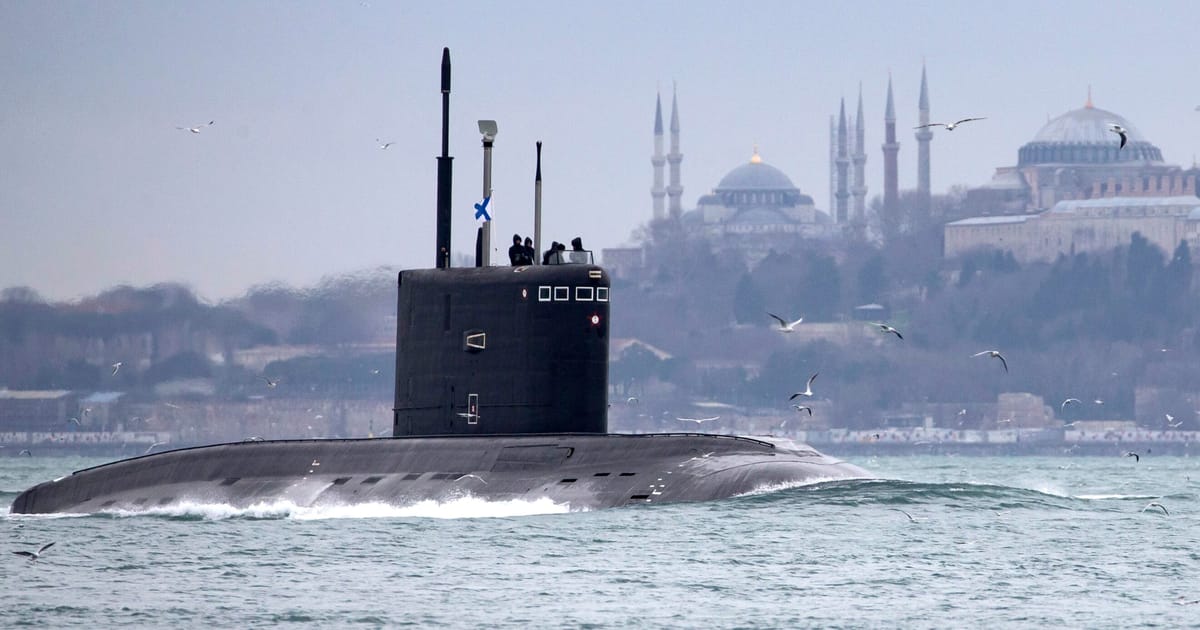

As nations around the world navigate complex geopolitical landscapes, recent reports have spotlighted a wave of global security concerns involving international military dynamics, technological threats, and human tragedies. Each event underscores the intricate balance of modern diplomacy and defense.
In an assertive move, France has voiced apprehension over Russia’s activities in domains not immediately visible—underwater and in space. This concern has been articulated by France’s top general, reflecting on Moscow’s enduring influence as a potential threat. These remarks reinforce the narrative of vigilance shared by many nations in an era where traditional and novel fields of warfare are rapidly evolving. The emphasis on space and underwater operations highlights the extension of territory and sovereignty disputes into realms previously deemed science fiction.
Meanwhile, addressing the ongoing conflict in Eastern Europe, the United States has underscored its commitment to supporting Ukraine through NATO channels under President Donald Trump’s administration. This pledge involves sending U.S. weapons to NATO allies in a calculated strategy where NATO carries the financial burden of these supplies. This strategic maneuvering is part of the broader international military response to Russian actions in Ukraine, aiming at fortifying defenses while cultivating a unified front within the alliance.
Beyond military maneuvers, the drug war in Colombia has taken a technological twist with the discovery of an autonomous narco-submarine. This unmanned vessel, uncovered by Colombian naval forces, was notable for its capacity to carry significant cargo without human traffickers aboard. Though devoid of narcotics this time, its capture signifies a shifting tide in counter-narcotics operations, where adversaries are leveraging autonomous marine technology, challenging nations to innovate their enforcement strategies.
In parallel, humanitarian concerns have been tragically highlighted by events in Gaza, where an Israeli military strike resulted in the loss of at least 15 lives, including 10 children. This incident, which occurred as individuals awaited medical treatment, marks a grave moment in ongoing tensions. While negotiation efforts hint at potential ceasefire agreements, the path to peace remains fraught, reflecting the entrenched complexities of achieving sustainable resolutions in the region.
Maritime security also came under the spotlight in the Red Sea, where the aftermath of an attack on a Greek cargo ship by Houthi forces has unfolded. A dedicated rescue operation recently recovered four more seafarers who had endured over 48 hours adrift. With some crew members still missing or feared kidnapped, this event underscores the persistent dangers faced by those navigating through strategic and contested waterways. The ongoing challenges faced in the aftermath of the attack illuminate vulnerabilities in shipping and transportation sectors globally.
Lastly, insights from the UK indicate an escalation in threats, ranking Iran alongside Russia as significant security concerns. The UK’s intelligence and security committee has outlined how both countries pose challenges via cyber-attacks and physical threats, particularly targeting political dissidents. This report emphasizes an awareness imperative among nations to safeguard against multifaceted espionage threats that transcend conventional borders.
As these global narratives continue to unfold, they accentuate the diverse challenges and necessary cooperation required to navigate the modern geopolitical environment. Together, these developments reflect the interconnected nature of today’s world, where actions in one region can reverberate across continents, requiring thoughtful and composed responses.
Source: {link}
